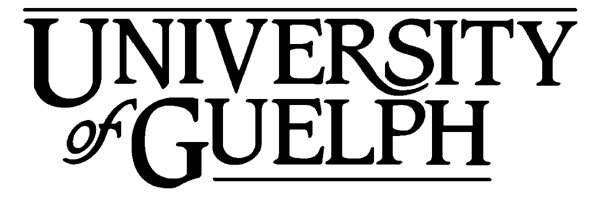Report was completed by the Advisory Council on Economic Growth
By Diego Flammini
Assistant Editor, North American Content
Farms.com
According to a new report by the Advisory Council on Economic Growth, the University of Guelph will be a key contributor to Canada’s placement in the global agri-food landscape.
“We are gratified that the report recognizes U of G’s prowess in agri-food and our ability to help Canada become a global leader in food, especially sustainable food production,” Franco Vaccarino, president of the university, said in a release.

The report outlined four “priority sectors” that, due to their economic prospects and strengths relative to global opportunities, could be important to Canada’s future: advanced manufacturing, energy and renewables, healthcare and life-sciences, and agrifood.
The report says Canada’s agrifood sector employs about 2.1 million people and contributes 6.7 per cent to the country’s GDP.
“The Canadian (agrifood) sector has great potential, given the large natural endowment of water and arable land, distinctive record of accomplishments in research, and exceptional base of companies and entrepreneurs,” says the report.
The report suggests Canada should strive to become the second-largest exporter of agricultural products (behind the United States). The Advisory Council’s report also suggested ways for Canada’s agriculture industry to make it a reality, including:
- Launching a national plan to provide high-speed Internet access for Canadian farms and (agrifood) companies, so they can share and use big data more easily,
- Develop a data strategy for the agfood sector in Canada to securely collect agronomic and economic data from farmers and food processors and provide them with necessary tools,
- Encourage pilots for “future of agfood” training and reskilling programs to meet the current and future labour requirements of agfood companies and to mitigate the problems caused by increasing automation, and
- Attract talent from adjacent fields and sectors to accelerate the development and commercialization of innovative, superior technologies for farming and food processing.